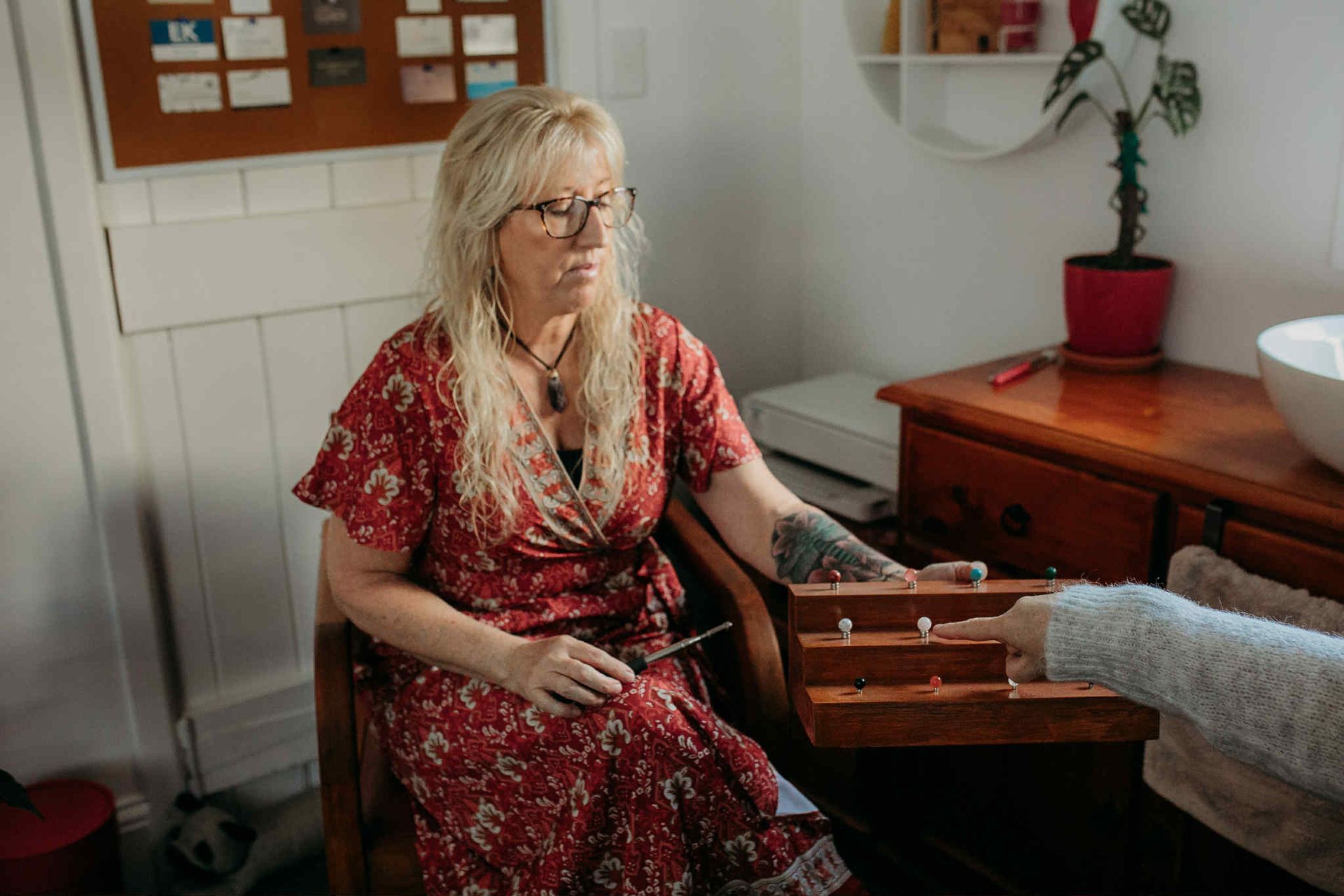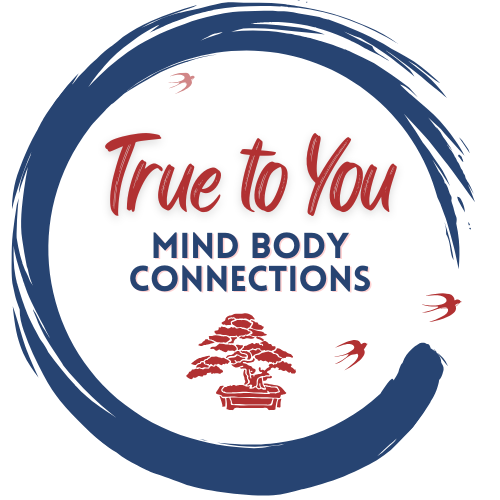Brainspotting
What is Brainspotting?
“Where you look affects how you feel”
Every life experience, big or small is witnessed via our nervous system responses, we hear, smell, taste, see and feel those experiences that then become our thoughts, feelings, emotions, memories, trauma response (big or small) to create our core beliefs.
Those experiences and our responses then get stored like “files” in our brain.
With Brainspotting we can access those “files” through activated eye positions (using one or both eyes) in our field of vision called Brainspots, this is a powerful focused treatment method that works by identifying, processing and releasing core neurophysiological sources of emotional/body pain, trauma, dissociation and a variety of other symptoms.
During Brainspotting, several key brain functions and processes are engaged. The therapy utilises the brain’s natural capacity for self-scanning and self-healing by focusing on the Brainspots that correspond with areas in the brain where emotional or traumatic experiences are stored.
This process activates the limbic system, particularly the amygdala and hippocampus, which are involved in emotional regulation and memory processing. Additionally, Brainspotting helps facilitate communication between the subcortical brain regions and the prefrontal cortex, allowing for the integration and resolution of previously unprocessed experiences.
Through sustained focus on a Brainspot, the nervous system can process and release stuck emotional or somatic responses. This allows for neuroplasticity— the brain’s ability to reorganise itself by forming new neural connections—leading to shifts in core beliefs and emotional patterns.
Brainspotting is a simultaneous form of treatment which is deep, direct, powerful yet focused and containing…this beautiful therapy doesn’t require lots of “talk therapy” so being client led can be soft and gentle all while being supported and held in the space required.
As a result, clients often experience relief from symptoms and a greater sense of emotional balance without needing to verbally recount traumatic experiences.
Brainspotting was discovered by David Grand in 2003.
For more information please refer to
brainspotting.com




